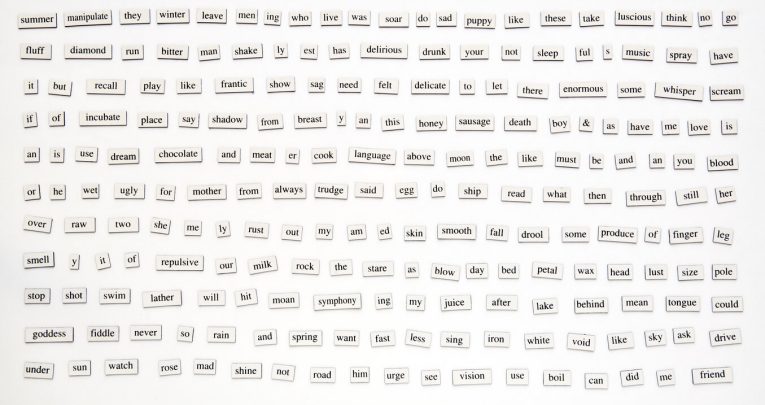5 Strategies to Help Narrow the Word Gap for your Students

Alex Quigley shares his vocabulary tips to let pupils get to grips with a bigger, harder curriculum…

- by Teachwire

Teachers in schools across England are busy helping their pupils get to grips with a bigger, harder curriculum. With more to read, know and understand in every subject – from physics to physical education, English literature to economics – a strong academic vocabulary is more important than ever.
Step into my clinic to explore a selection of small, but perfectly formed pedagogical solutions for closing the word gap in every classroom…
1 | Try this today: Mighty Morphemes
Human beings are pattern making machines and with language we are no different. Hidden in plain sight, pupils can break down challenging new words into their constituent parts – what linguists call morphemes. For example, ‘dyslexia’ combines the prefix ‘dys’ (meaning ‘bad’) with ‘lexia’ (meaning word) – being bad with words.
Rather than leaving learners to do this haphazardly, we can harness their pattern making urge to help them better understand many of the fancy academic words that adorn our subject domains.
In English literature, for example, if an author is using ‘foreshadowing’ then they are literally offering shadowy hints (be)’fore’ something bad is going to happen in the story. These simple mental hooks add memorable meaning to words.
2 | One word at a time
By isolating interesting, useful academic terms we can more easily integrate them into our vocabulary repertoire. Isabel Beck and her colleagues helpfully group words into tiers, with Tier 2 words representing the general academic vocabulary of school, used across the curriculum.
Take the word ‘intractable’, meaning ‘hard to control or deal with’. In a history lesson this could describe Anglo/French relations during the ‘Hundred Years’ War’, or it could refer to the problems with natural resources in geography.
If we dig into those mighty morphemes again then we realise something very familiar. The root of the word ‘tract’ – means ‘to pull’ – just like a tractor, with the ‘in’ prefix meaning ‘not’. Quite literally then, the word represents how something is hard to pull apart.
3 | I don’t think it means what you think it means…
Many academic words in the English language are polysemous, which is to say that they have multiple meanings. This often trips up our word poor pupils.
Take the word ‘prime’. Ask your class what they think of when the hear the word prime and they’ll likely mention Amazon or Optimus Prime of Transformers fame. And yet, ask every mathematics teacher and they will relate the meaning of a prime number.
Even then, ask an English teacher, or a technology teacher and they’ll give the common meaning of ‘first importance’. Crucially then, we need to make sure every student knows what prime means, right across the curriculum.
4 | Cracking the academic code
Academic language is often precise and concise – despite the misconception that big words and long sentences are always better. Take the following sentence: ‘Cells are always dividing in half and then they multiply like with bacteria’.
Now let’s translate that with into more academic terms: ‘Binary fission is the asexual reproduction undertaken by bacteria.’ Here ‘binary fission’ is the crucial, and precise, biological phrase needed by our pupils. The language is more economical and clear.
5 | One for… the historians
In history, and in life, a key word to know and understand is ‘democracy’. We need to ensure it is understood and it sticks – our very way of life may rely on it.
Deriving from Greek, the root ‘demos’ means ‘common people’ (seen in related words such as demagogue, demotic etc.) and ‘cracy’ related to ‘kratia’ – meaning power and authority. Like many words in our language, a little digging into the mighty morphemes offers us mental hooks for understanding.
Alex Quigley is the author of Closing the Vocabulary Gap. He works for the Education Endowment Foundation supporting teachers to engage with research evidence.
For more helpful and practical advice for teaching vocab skills in KS3 and KS4 check out 8 Great Ways to Improve Vocabulary Skills in Secondary Schools.











